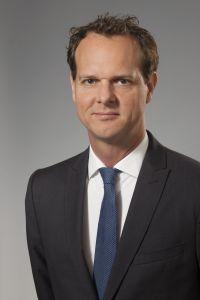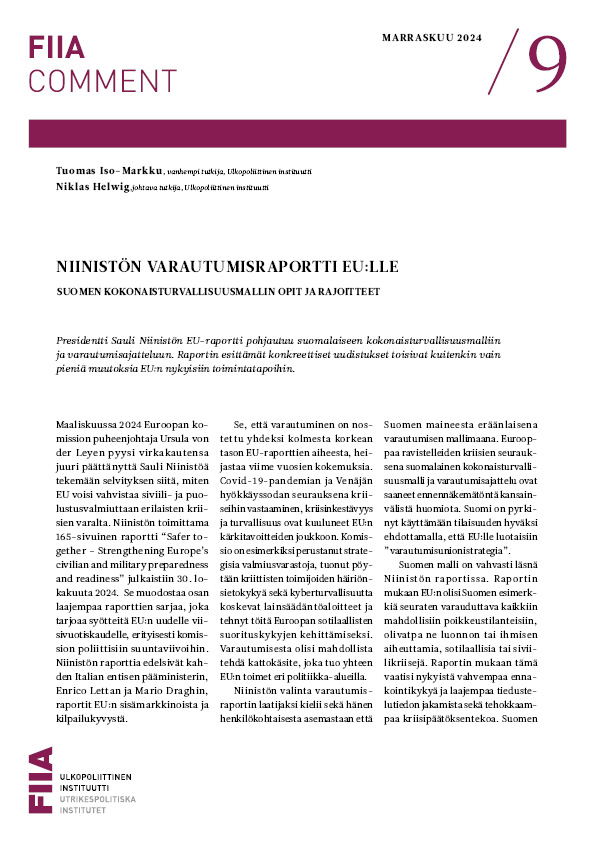When seeking to engage and assist Arab civil society, western donors are faced with several broad challenges in the new regional context. First and foremost, they will have to avoid doing anything that could deepen the growing divisions among different segments of Arab civil society.
Second, donors ought to encourage an effective and balanced relationship between state institutions and civil society. While before the revolutions many Arab countries suffered from a strong and autocratic state, today state weakness has become an equally great challenge.
Third, donors will have to find a way to engage with the new actors, organizations and social movements that have been at the forefront of the Arab Spring uprisings. To engage with some of these actors will be challenging given their non-hierarchical organizational structures, virtual membership, unclear legal position, and sometimes undefined goals.
Finally, donors will have to tread carefully in the highly sensitive new operating environment in the Arab transition countries. In order to regain trust with state institutions and civil society actors, donor engagement needs to build on national development strategies and local needs assessments.
Foreign donors, of course, can only do so much in order to support the development of a liberal and pluralistic civil society in the Arab world. Far more important than effective and well-designed development projects is the ability of different segments of Arab civil society to reconcile their differences and to endorse diversity. In order to support this process, donors will have to exercise patience and will have to avoid actions that contribute to further social polarization. To this end, sending the right political message will often be just as important as well-designed projects.









